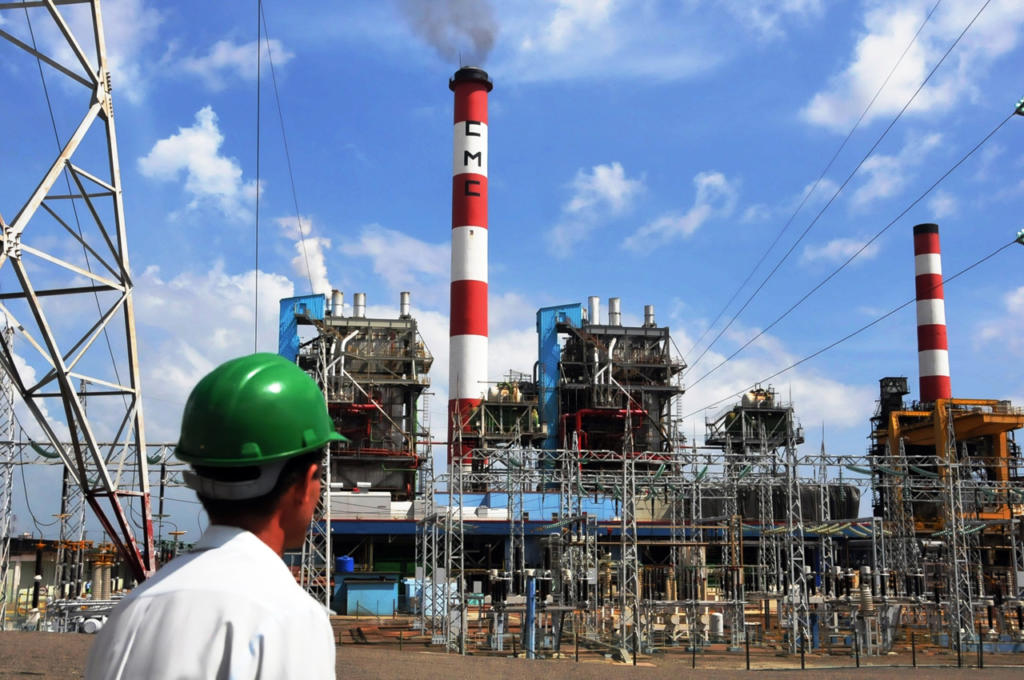MADRID, Spain. – Energy expert Jorge Piñón predicted the total collapse of the Cuban electric grid, and spoke of the regime’s mismanagement that has contributed to the present energy crisis in the country.
In an interview with Radio TV Marti, Piñón, director of the Latin American and Caribbean Energy Program at the University of Texas, indicated that the Cuban government “cannot continue with its policy of applying Band-Aids, or to keep trying with the energy- generating thermoelectric plants they rented from Turkey… In other words, what is needed is a structural recapitalization.”
During a recent presentation of the research titled “Cuban energy in transition: geopolitical scenarios” (Cuban Energy in Transition: Geopolitical Scenarios), Piñon explained that the regime has wasted opportunity with important investments and agreements with various countries.
“In 2014, an agreement was announced with Russia’s Inter-RAO, signed in 2016, for 1.3 billion euros for the construction of four units of 200 megawatts each, for a total of 800 megawatts, three in La Habana del Este and one in Mariel , and still, here we are. My question to the Cuban government is: “What happened to the agreement signed in 2016 with Inter-RAO” asked Piñón.
This specialist, who was born in Cuba and now resides in the United States, also referred to a project worth US$140 million with investments from a British company and Azcuba, to build a biomass electric plant at the Ciro Redondo sugar mill.
“That plant was completed in December, and was ready to begin operating in December 2021. And you know what? It is not operating. Why isn’t it operating? Because there is no sugarcane, not even marabou shrubs,” I explained.
As to the explanations given by president Miguel Díaz-Canel, who blames the US embargo for the present condition of Cuba’s electric grid, Piñón stated: “It is not the result of the embargo, but of the state’s mismanagement of the energy sector.”
Díaz-Canel has also said that Cuba does not have the electric power capacity “to meet demand from the population,” and that “the government is making a maximum effort in order for the people to be only minimally affected.”
The energy crisis in the country, which has worsened in recent months, has generated protests in various parts of the country. That is the case of the student protest at “Ignacio Agramonte University in Camagüey, and the “pots-and-pans” demonstration in Manzanillo, Granma province, this past June.
Receive information from CubaNet on your cell phone through WhatsApp. Send us a message with the word “CUBA” on the phone +1 (786) 316-2072, You can also subscribe to our electronic newsletter by giving click here.






